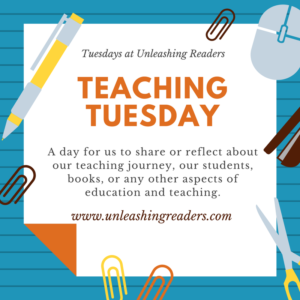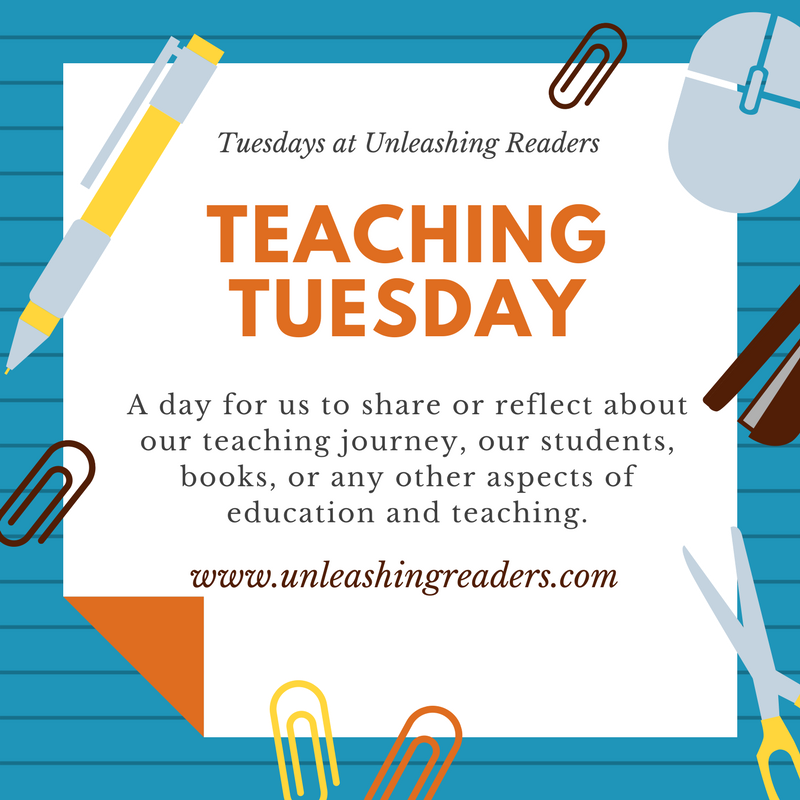
Typically, our teaching-related posts fall on Tuesdays, but today I feel inspired, so it’s Teaching Thursday! I can’t say enough good things about my son’s kindergarten teacher. She’s so good at her job that she inspires me regularly. Whenever I volunteer in the class, I am fascinated with the ways in which literacy instruction is similar and different for kindergarten.
One of the things she does is called “book in a bag.” All of the kindergarten team uses this method/idea and maybe this is an idea that is common for this age level, but it makes my son very happy, so I thought I’d blog about it from a parent’s perspective! The children each have a bag that is labeled with their name. They bring home a book to read in the bag. Their job is to reread it as many times as they need until they can master the book. The teacher stressed that this should be fun. If the children get frustrated or aren’t having fun, then the program is not serving its purpose.
This is what I love about my son’s kindergarten teacher. She has them doing data analysis on mittens and gloves and she makes learning fun for my son. He looks forward to going to school every day. For me, this is what I want for him—I want him to love school as much as I do. Also, this is differentiation!
So my son excitedly brings home his book and slowly reveals it from his backpack for the whole family to see his next book before dinner. He taps at the door when I am feeding his baby brother and whispers, “Can I read my book in the bag to my baby brother? He’s the only one who hasn’t heard me read it yet.” And he holds up the book to us as he reads it, so we all can see the pictures. The repetition is helping him, and this is rereading at its best. So before we hop into bed to read, he pulls out his book one last time for the day to practice the words and to proudly show off his reading skills. As a parent, I love how happy this makes my kid, and the ownership feels with his book makes him enjoy reading even more. <3


 Thank you in advance!
Thank you in advance!
